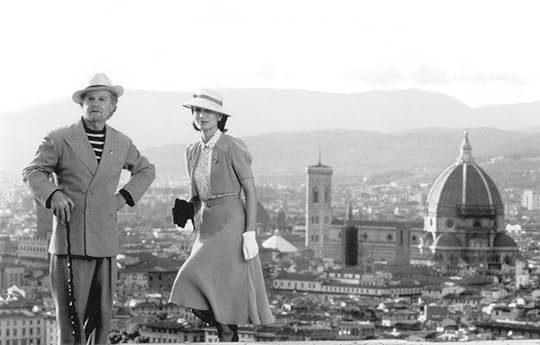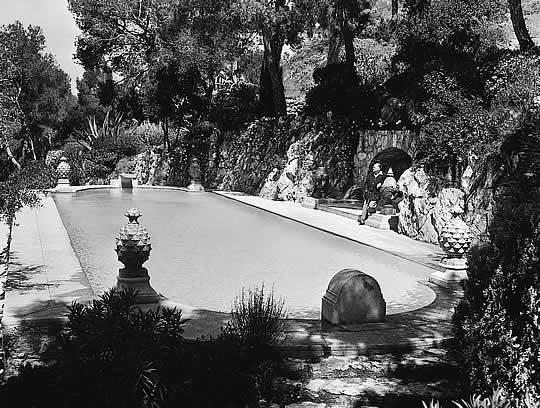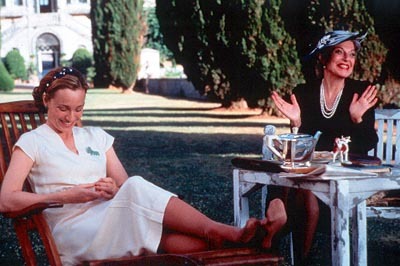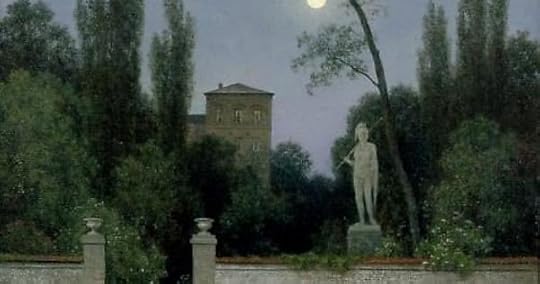What do you think?
Rate this book
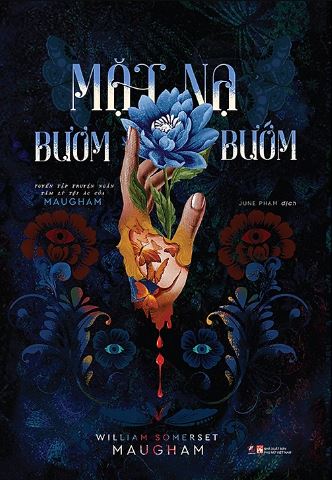

252 pages, Paperback
First published January 1, 1941



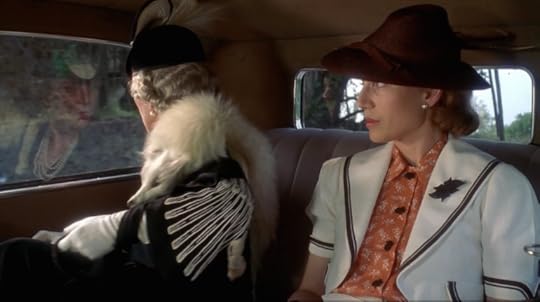

‘I should be a fool if I didn't know I was prettier than most women. It's true that sometimes I felt that I had something to give that might mean a great deal to the person I gave it to. Does that sound frightfully conceited? […] My poor Rowley, you're the last man I would ever have had an affair with. But I've sometimes thought that if I ever ran across someone who was poor, alone and unhappy, who'd never had any pleasure in life, who'd never known any of the good things money can buy – and if I could give him a unique experience, an hour of absolute happiness, something that he'd never dreamt of and that would never be repeated, then I'd give him gladly everything I had to give.’

"Some of us students protested against the Anschluss. We tried to organise resistance. It was stupid of course. We hadn't a hope. The only result was that two of us were shot and the rest put in a concentration camp. They put me in for six months, but I escaped and crossed the mountains into Italy."
 This story had legs... and then it didn't. Who wants a novelette where a refugee's body is left mouldering on a hillside, or a vain, middle-class colonialist bitch gets everything tied up with a bow - oooo, she sure did need a slap.
This story had legs... and then it didn't. Who wants a novelette where a refugee's body is left mouldering on a hillside, or a vain, middle-class colonialist bitch gets everything tied up with a bow - oooo, she sure did need a slap.

